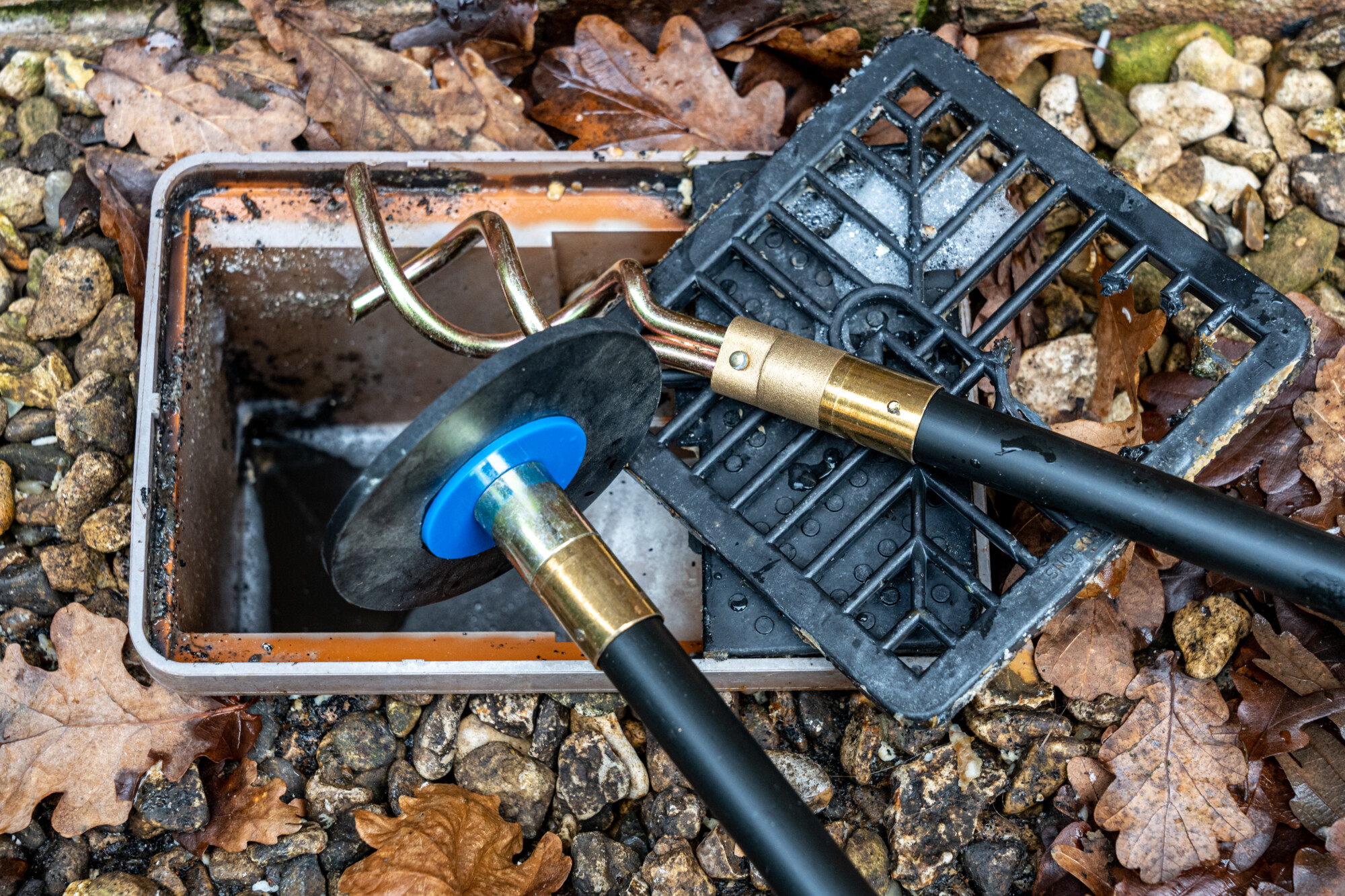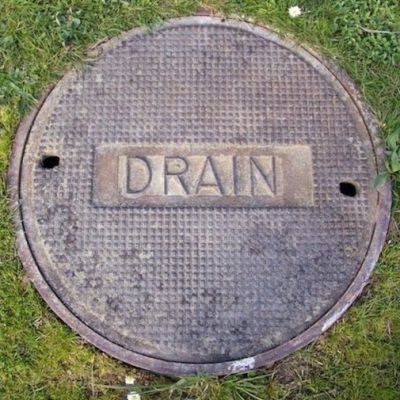Tips for Dealing with a Blocked Drain Prior to Calling Professional Plumbers
Tips for Dealing with a Blocked Drain Prior to Calling Professional Plumbers
Blog Article
This article underneath about 8 Tips For Clearing A Blocked Drain is seriously attention-grabbing. You should give it a look.

Introduction
Managing a blocked drain can be a discouraging experience, interfering with everyday tasks and possibly triggering damage to your home. However, prior to reaching out to pipes specialists, there are actions you can take to address the concern yourself. In this overview, we'll check out do it yourself options and preventive measures to deal with a blocked drainpipe properly.
Determining the Concern
The primary step in attending to an obstructed drain is acknowledging the signs. Slow-moving drain, gurgling sounds, foul odors emanating from drains, or water support up are common signs of an obstructed drainpipe. Identifying these indications early can aid protect against even more problems.
Common Reasons For Blocked Drains
Recognizing the aspects that contribute to drain clogs is important for effective resolution. Common perpetrators include hair, soap scum, oil, food debris, and international items like sanitary items or paper towels. Tree roots attacking below ground pipes can likewise trigger considerable blockages.
DIY Solutions
For small clogs, numerous do it yourself services can be efficient. Putting boiling thin down the drainpipe can help liquify grease and particles. Sodium bicarbonate and vinegar or a blend of salt and baking soft drink can serve as all-natural cleaners. Utilizing a plunger or plumbing serpent to dislodge blockages is another choice.
Devices and Devices
Having the right tools handy can make DIY drainpipe cleaning up much more reliable. A plunger is a functional device for removing clogs in sinks, commodes, and showers. A plumbing serpent or auger can get to much deeper clogs, while drainpipe cleaning chemicals can be used carefully for stubborn clogs.
Preventive Measures
To prevent future obstructions, adopting preventive measures is vital. Set up drainpipe guards or strainers to catch hair and debris prior to they enter the pipes. Consistently flush drains with warm water to dissolve grease accumulation, and avoid getting rid of grease or strong waste away.
When to Call an Expert
While DIY remedies can solve small clogs, certain signs indicate the need for specialist support. Relentless clogs, foul odors regardless of cleansing efforts, or multiple drains pipes backing up at the same time are red flags that call for expert intervention.
Choosing the Right Plumbing Solution
When selecting a pipes solution, think about factors such as experience, licensing, and client testimonials. Select a trusted plumbing technician with a track record of quality handiwork and transparent prices techniques.
Expense Considerations
The expense of professional drain cleaning company can differ depending on the intensity of the clog and the plumbing's prices. Request quotes from several suppliers and ask about any surcharges to make sure transparency and avoid shocks.
Safety Precautions
When trying do it yourself drainpipe cleansing, prioritize safety and security. Wear safety handwear covers and eyewear to avoid contact with damaging chemicals or germs. Never blend various drain cleansing products, as this can produce harmful fumes.
Situation Studies
Real-life examples illustrate the performance of DIY services and the significance of prompt specialist treatment in dealing with drain obstructions.
Conclusion
By complying with the pointers detailed in this guide, you can efficiently tackle obstructed drains pipes and stop future pipes problems. Whether going with do it yourself remedies or looking for specialist aid, punctual activity is essential to keeping a healthy and balanced plumbing system and protecting the integrity of your home.
How to Clear a Clogged Drain Yourself (And When to Call In the Professionals)
What Can Clog a Drain
Dirt Skin flakes Hair Grease Soap scum Food Offset pipes Tree roots Small objects Mineral buildup DIY Tricks to Unclog a Drain
You can fix this! Once you have identified the source of the clog (or have a vague idea), you can try one or a combination of these fixes in order to clear your plumbing.
Wire Hanger or Snake
Untangle and clear out hair from a drainpipe with a homemade snake. Use a straightened-out wire hanger with a 90-degree angle hook to locate the clog and drag out any unwanted material.
Remember not to push the clog further down to where the wire hanger cannot reach! If you need to follow up with a plunger, give it a try. Your efforts might be more successful after it’s been wire-snaked.
If you want to get fancy and don’t have a wire hanger to spare, head to the store and pick up a hand-operated drain snake. You can get one for $10-$30. It may save you the hassle, and provide additional length to reach deep into the clogged pipe.
Plunger
A cup plunger has a suction cup attached to a wooden handle. The rubber creates a seal around the drain, and increases the pressure force of the plunger.
Plunge for 30-second increments to loosen the clog. This may need to be repeated over the course of 15-20 minutes. Once plunged, run the water to flush the remaining material out of the drain.
Remember– never use a plunger if you have used a chemical drain cleaner. These chemicals can splash up from the force of the plunger and cause serious injury or burns.
Boiling Water
Hot water can sometimes break up materials into a flushable amount. Dirt, grease, and soap buildup requires heat in order to unstick from surfaces.
Take your kitchen kettle and heat your water to a boil. Once it reaches a rolling boil, pour it directly down the drain into the blockage. Carefully follow with plunging, if necessary.
Don’t worry if this takes more than one try! It can often take multiple kettles and repeated plunging in order to clear a particularly stubborn clog.
Chemical Drain Cleaner
As a last resort, pick up a bottle of chemical drain cleaner. Drain-cleaning chemicals are potent, and not very good for the environment.
You may need to wear protective eyewear in gloves before handling your bottle of chemical drain cleaner. Follow the instructions printed on the bottle, and flush with water as soon as the instructions allow. Do not follow with plunging.
Baking Soda and Vinegar
As a safer alternative to chemical drain cleaner, baking soda and vinegar can create a chemical reaction that clears tough clogs.
Combine one cup of cleaning vinegar with one cup of boiling water, and set aside. Once you have done this, pour half a cup of baking soda down the drain. Give the baking thirty seconds to settle and cover a large portion of the problem drain.
Following the baking soda, pour down your vinegar and hot water solution. Once the vinegar and baking soda combine, the mixture will bubble and fix. Let this reaction fizzle in the drain for about an hour.
After an hour, follow with a kettle’s worth of hot water. The heat and liquid should flush out any remaining material.
When to Call a Plumber
If your DIY attempts haven’t cleared your clog drain, it’s time to call in a professional. It’s not worth losing access to your kitchen sink or high-traffic bathroom. A clog in a vital area can keep you from the things you’d rather be doing, and derail your routine.
Anytime a clog is causing water to spread is a time to call in a plumbing service. What starts out as a little bit of water can quickly grow into serious, expensive water damage.
Additionally, a serious clog can result in burst pipes or serious leaks. Make sure you know when to take it seriously!
https://myguysnow.com/how-to-clear-a-clogged-drain-yourself-and-when-to-call-in-the-professionals/

We hope you liked our post about Tips for Dealing with Clogged Drains and Sewer Lines. Thanks so much for spending some time to browse our blog post. Those who enjoyed reading our blog entry if you please remember to share it. Thanks a bunch for your time. Revisit us soon.
Visit Our Site Report this page